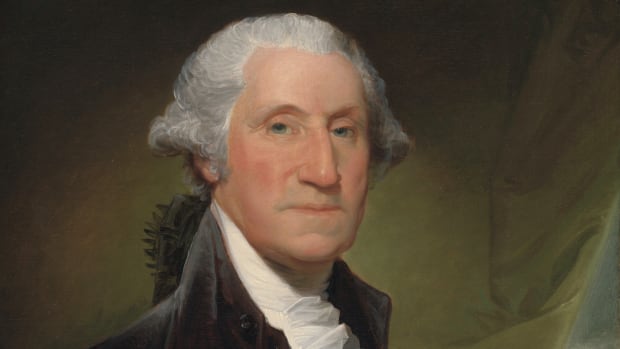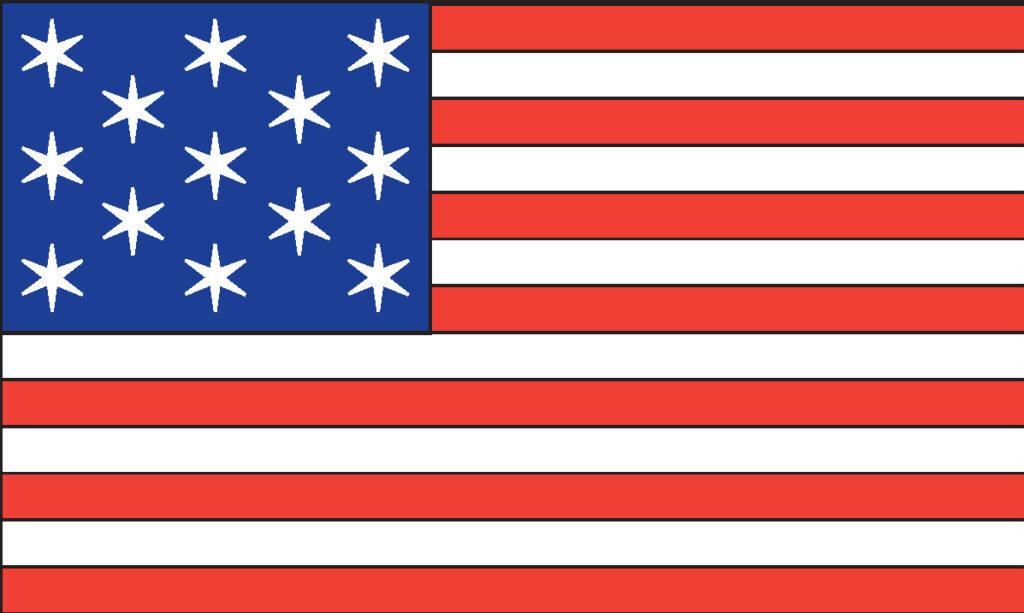Nonpartisan (nationalist) President Washington signs the Judiciary Act of 1789, establishing a six-member Supreme Court, 13 District Courts (one per State), three Circuit Courts, and the Office of the Attorney General. The act also establishes an oath of office for judicial clerks:
I, A. B., being appointed clerk of, do solemnly swear, or affirm, that I will truly and faithfully enter and record all the orders, decrees, judgments and proceedings of the said court, and that I will faithfully and impartially discharge and perform all the duties of my said office, according to the best of my abilities and understanding. So help me God.
And judges:
I, A. B., do solemnly swear or affirm, that I will administer justice without respect to persons, and do equal right to the poor and to the rich, and that I will faithfully and impartially discharge and perform all the duties incumbent on me as, according to the best of my abilities and understanding, agreeably to the constitution, and laws of the United States. So help me God.
“Which words, so help me God, shall be omitted in all cases where an affirmation is admitted instead of an oath.”
[restored 10/9/2021] Thanks to Jim Lorenz for this entry.
I suppose we should be grateful that they recognize the text of the Constitution at all; but why aren’t the clerks and judges sworn or affirmed to enforce the Constitution verbatim? Who or what does this loophole serve? –– JL
Subsequent Events:
Authority:
Article I, Section 8 [Clause 9]
ccc-2point0.com/constitution-for-the-united-states
References:
Calvin D. Linton, ed. The Bicentennial Almanac: 200 Years of America, 1776-1976, (Nashville, Tennessee: Thomas Nelson, 1975), 44.


